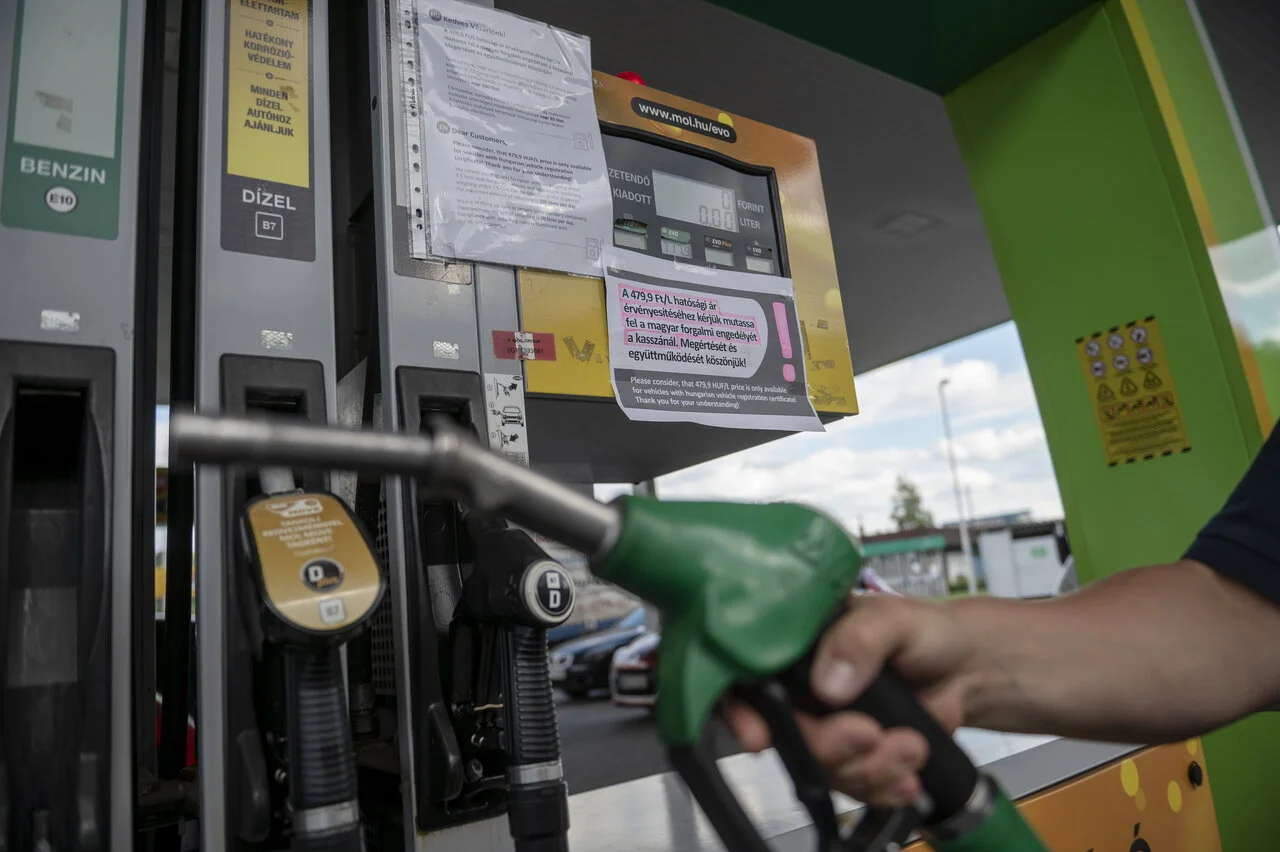Change language:
Government: fuel shortages “are not impossible”

Responding to questions, the prime minister chief of staff, Gergely Gulyás, said an EU embargo on Russian gas would pose difficulties not only to the eastern and central Europen economies but also to the western European ones. “Such a decision would be contrary to common sense.”
Hungary’s government would be capable to maintain the cap on fuel prices as long as supplies are forthcoming, he said. Should the EU’s embargo go through, the “price caps would become untenable overnight”, he said. While supply chain security has been shaken, fuel shortages “are not impossible but unlikely,” he said. If necessary, Hungary’s strategic reserves can ward off shortages for up to a year, he said.
Hungary has done the most in the EU to diversify its energy supplies in the past 12 years,
with interconnectors with five neighbouring countries constructed during that period, Gulyás said. “We will wean the country from Russian oil when it will not bring us, Hungarian families and the economy extra costs,” he said.
Regarding the EU’s sanctions policy, Gulyás noted that
Russia’s revenues from raw material exports had already exceeded that in 2021.
In the long term, the aggression will curb Russian-European ties and prompt the country to turn towards Asia, forcing Europe to find alternative sources of raw materials, he said.
On Hungary’s veto to add the head of the Russian Orthodox church, Patriarch Kirill, to the sanctions list, Gulyás said that while “the Russian Orthodox church is usually supporting Russian state aims”, the patriarch is “the representative of a church — I would not call a church pro-war”.
Religious leaders should not be cut off from their flock,
however small their number in Hungary may be, he said. Regarding companies’ reactions to the government’s windfall tax, Gulyás said all attempts to push the extra costs onto customers will prompt inspections from the consumer protection authorities. The government anticipates few such cases, as raising the costs for customers may result in losing them in high-competition sectors such as banking, he said.
While air transport companies “have seen easier times than the past few years”, they are still in much better shape than the hospitality industry,
which has been “fighting for its life for two years now”. That is why the government is planning no extra profit tax for the latter, he said.
Gulyás also confirmed a statement by Tibor Navracsics, the minister responsible for regional development and the uptake of EU funds, saying that Hungary would be ready to make compromises to access the EU’s Recovery and Resilience Fund (RRF). In line with the European Commission’s objections, Hungary is ready to reduce the rate of single-bidder public procurement procedures to under 15 percent, and is open to all professional criticism lacking political motivation, he said.
The EC is bound by law to reach an agreement with all member states, he said. Meanwhile, the Hungarian opposition is doing everything in its power to hinder Hungary’s access to EU funds, allocated, among other things, to wage increase, he said.
Opposition MEPs drawing EU wages to the tune of five million forints (EUR 12,500) are thus obstructing wage increases for teachers and doctors,
he said.
Source: MTI







